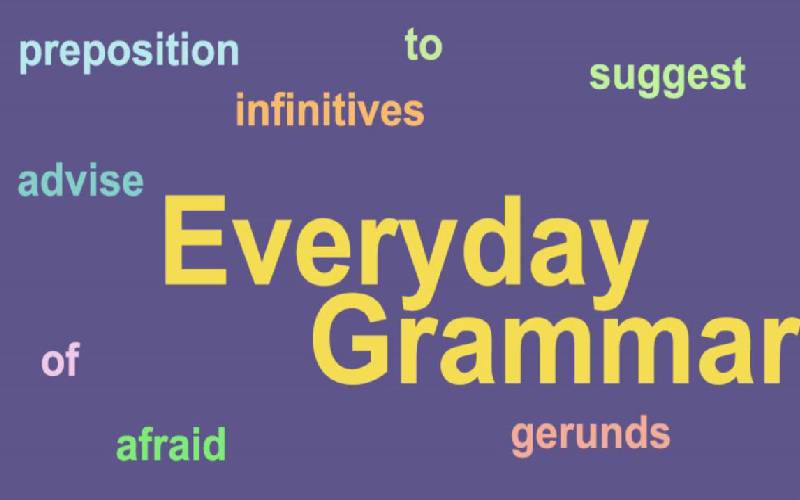×
The Standard e-Paper
Home To Bold Columnists

Today’s column begins with a passage culled from an online publication: “The famous Kakamega girls with mirroring features, Sharon and Melon, are identical twins after all, according to DNA results released at the weekend.